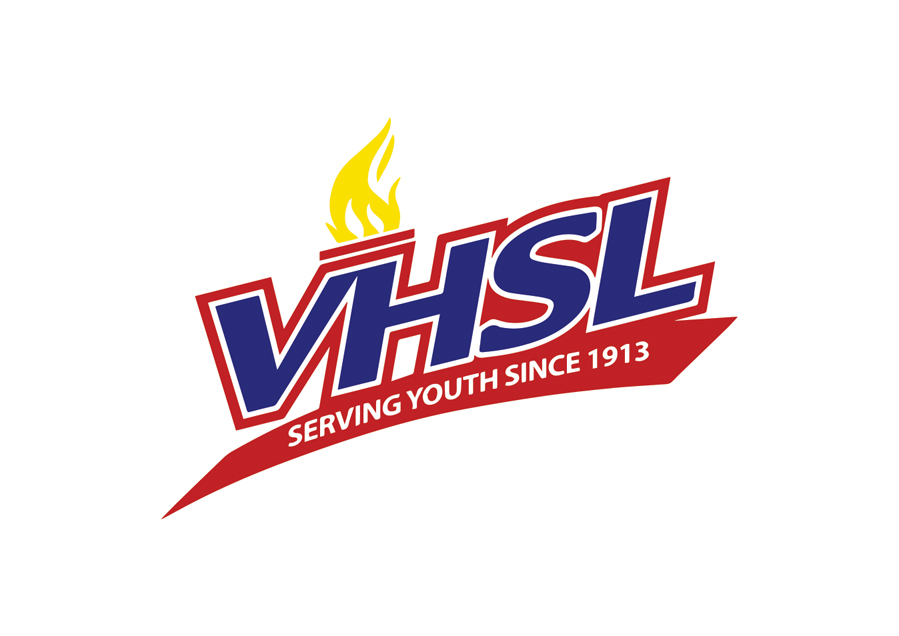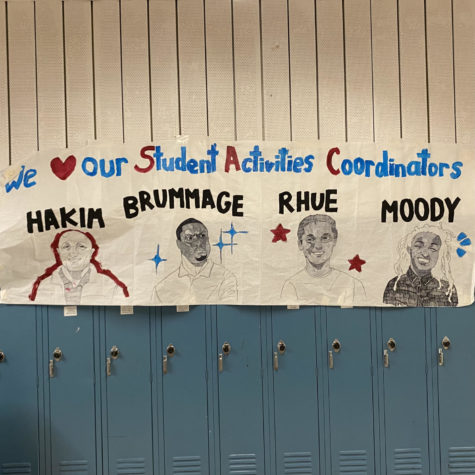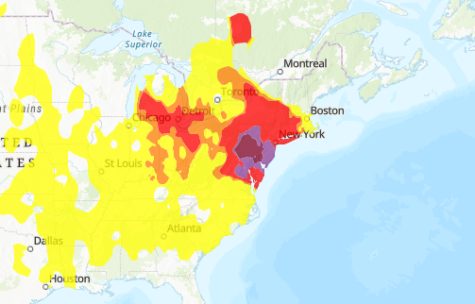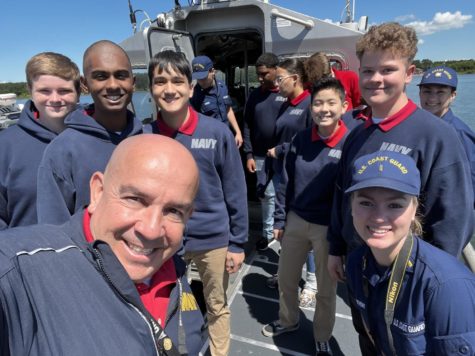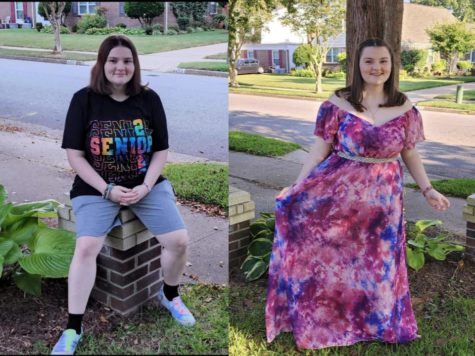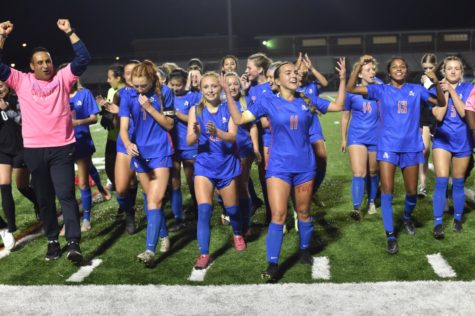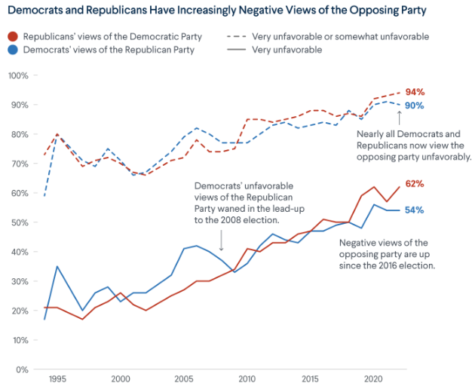Changing the game: VHSL and VBCPS guidelines on sports in the pandemic
December 9, 2020
Student Activities Coordinator (SAC) Robert Robbins has been working diligently to provide PA’s student-athletes the chance to compete in these uncertain times, but with winter sports tryouts postponed until the metrics show local spread is in the yellow/yellow zone, there is still a great deal of uncertainty.
“It is my hope that we can provide some structures and precautions that allow winter sports to happen,” reported Robbins. “Ultimately, that decision will be made by school division leadership and the school board. I know how important it is to our student-athletes and coaches that we have a season, but we do have to keep the health and safety of our community in mind.”
In order to better comply with the governor’s 25-person restriction, the school board has decided to not allow spectators at competitions. According to Robbins, “Those deemed vital to the function of a game, [such as] players, referees, and score-keepers, do not count toward the 25-person limit.” The school board also will be implementing limits on the number of athletes that can be on each team and canceling the programs for JV basketball, JV wrestling, and JV cheer.
Though the school board has the power to delay or cancel the start of the winter sports season, the driving force on guidelines and policy is the Virginia High School League (VHSL). Under VHSL regulations, the athletic year is operating on a compressed schedule, with winter sports running from mid-December to mid-February, fall sports from early February to late April, and spring sports from mid-April to late June. VHSL is permitting school districts to postpone, cancel, or start in mid-December as planned. VBCPS has postponed the start of its winter season until the metrics are in the yellow/yellow zone for seven or more days.
While the compressed schedule allows more sports to be able to play by delaying the fall season, it does create some problems. Robbins elaborates, writing for The Page: “The overlap between seasons will provide some complex challenges for multi-sport athletes. I have continually stressed that our coaches remain flexible with students so as to not limit their opportunities, but would also stress that student-athletes honor commitments and communicate with all of their coaches so that everyone is on the same page and can more easily work together.”
Another issue created by this compressed schedule is that “at PA, we have challenges with field space so we’ll need to be creative with practice times and locations,” explained Robbins. “There are many logistical challenges that we are identifying and continue to evaluate. We are taking it season by season and even sport by sport to determine what might work best given the challenges that we face. Everyone will need to realize that this year is like no other and we’ll have to roll with the punches. The most important element is that we keep a positive attitude to not let these challenges negatively impact the experience for our student-athletes.”
The VHSL is also limiting the amount of intrastate traveling for competitions. Concerning health measures and local travel, Robbins states that “local travel will be allowed without much disruption. Buses will be utilized following the same rules in place for regular school transportation… Ultimately, if we are permitted to compete and travel, we will do everything possible to follow health mitigations that keep our student-athletes and coaches healthy.”
One other major aspect of sports impacted by the compression and delay of sports seasons is the recruitment process for student-athletes looking to obtain college scholarships or play at a higher level. As a SAC, Robbins is not very involved in this process; however, he did mention that he knows that “college coaches are relying on game film to help evaluate prospective collegiate athletes.” He continued, reporting that “the NCAA continues to expand the dead period eliminating in-person camps, evaluations, and meetings for college coaches and high school athletes. While that is extremely difficult for everyone involved, we are thankful that technology exists so that coaches can still see film to evaluate how a prospective player might fit into their system or team.”
Since Robbins and the school division are currently focusing on the upcoming winter season, there has not been a lot of consideration on what the delayed fall season—including football—will look like. Despite this, Robbins commented that “[he does] hope that we can somehow embrace traditions that are so important to our school and community. Homecoming is a highlight of every year and while it could look different this year, I would like to see it happen in some capacity… [I will be] work[ing] closely with our student leaders and advisors to come up with various options.”
Ultimately, it is certain that Robbins and the SACs at other schools are coordinating with VBCPS and VHSL officials in order to safely allow sports to continue. “I wish I had more specific answers but things are changing by the hour and we really just don’t know what to expect… We want our students to have opportunities to be together, compete in sports, and celebrate our culture as Cavaliers. As in many areas of our job, we are preparing thoroughly but will adjust as information and guidance is provided.”

